Period power
Period poverty affects women, girls and people who menstruate all over the world.
Access to menstrual products, safe, hygienic spaces in which to use them, and the right to manage menstruation without shame or stigma, is essential for anyone who menstruates.
That’s why we work in partnership with women and girls, community leaders, men and boys, schools and governments to help end period poverty around the world - once and for all.
We hope you are inspired by these stories of women and girls working together to end period poverty in their communities.
Thank you for standing with women and girls around the world.

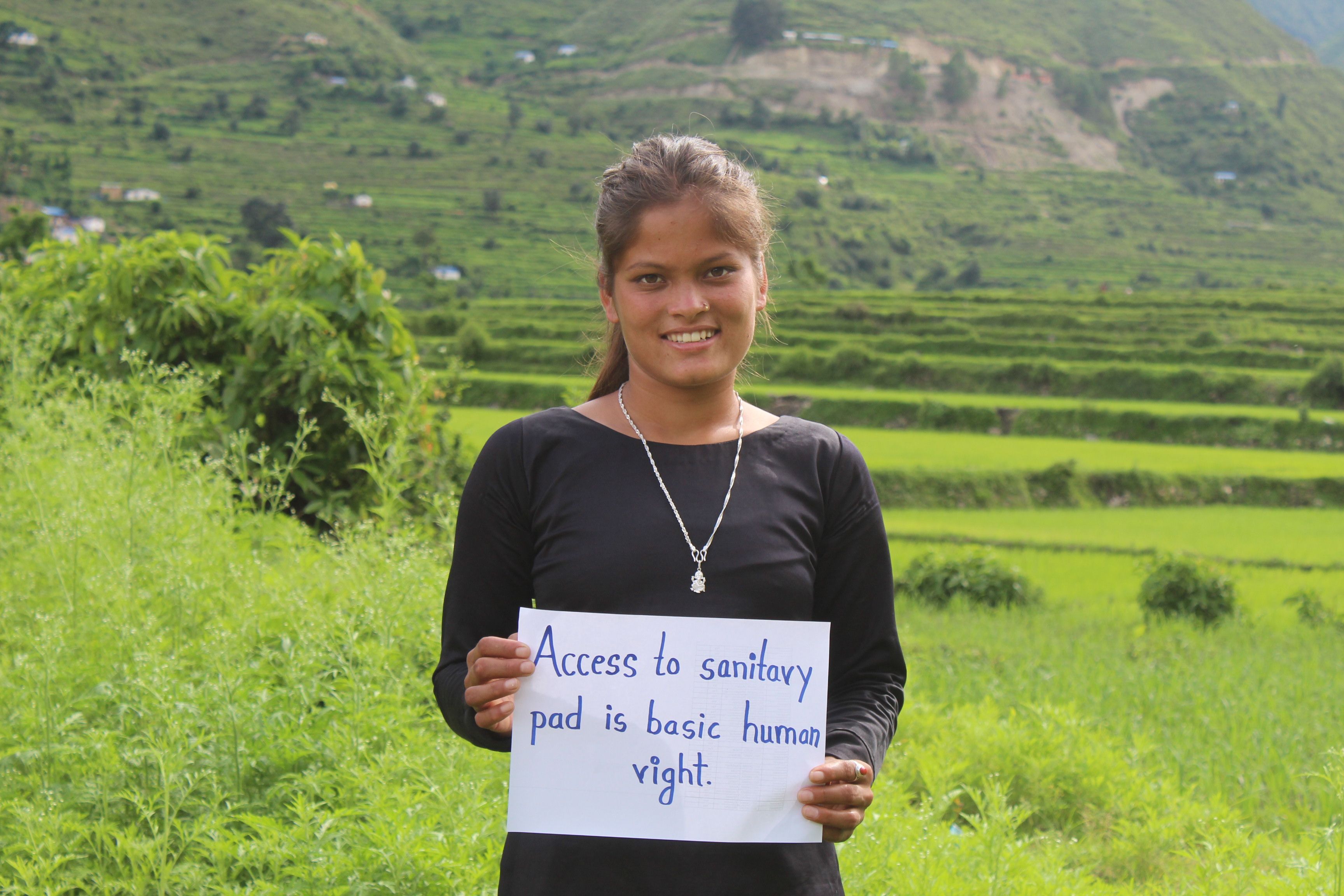
In The Gambia
Girls are making it their mission to end period poverty
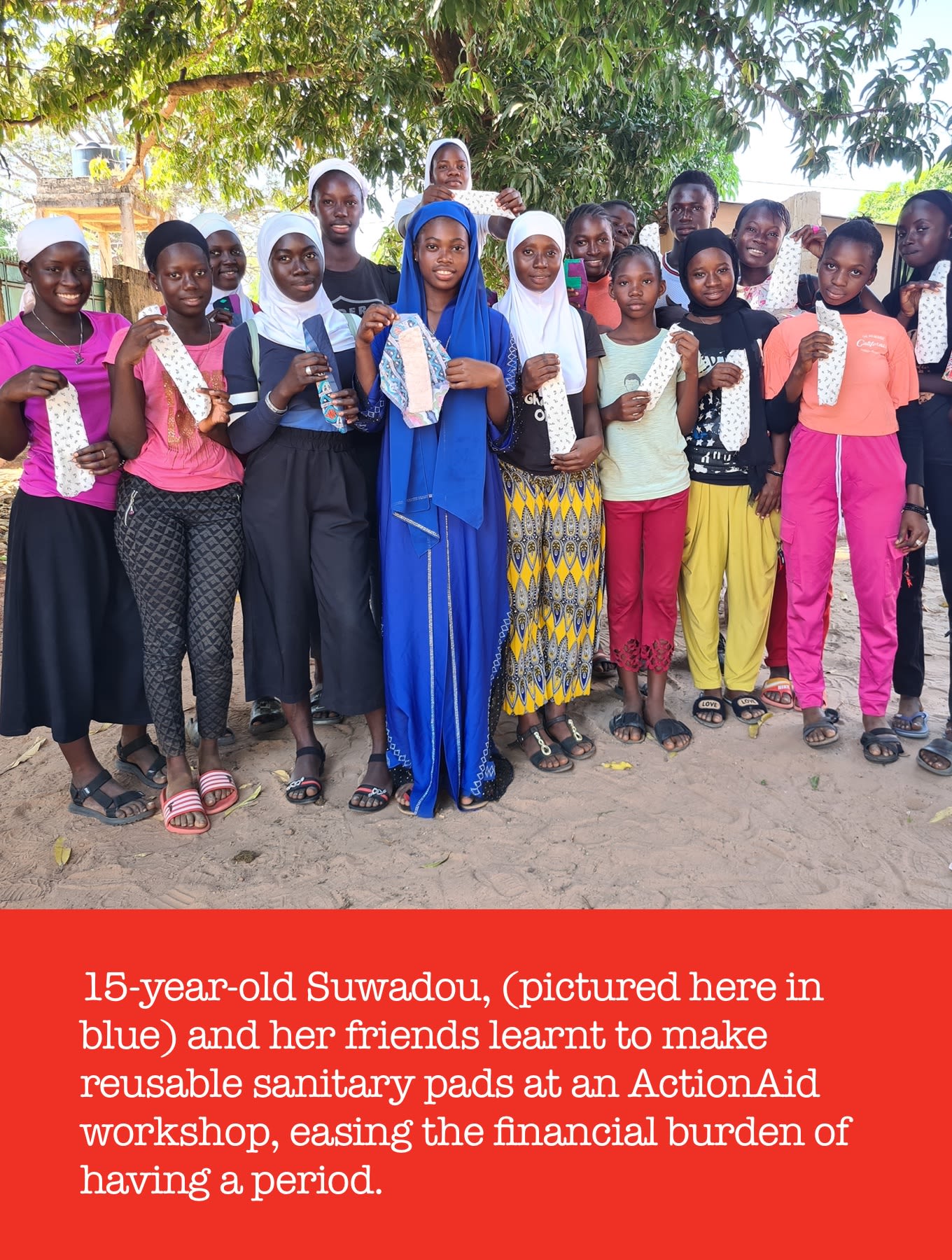
Suwadou does not let her period get in the way of her education. Instead, she has made it her mission to end period poverty.
"When I had my first period, I thought I was dying," says 15-year-old Suwadou. "I didn’t know anything about it."
Her experience is not uncommon. For many teenagers in The Gambia, their period comes as a surprise. This can be distressing, because girls are often not equipped to manage their period safely or with dignity.
"I used to avoid going to school during my period, and it was the same for many girls in my community," Suwadou tells us.
The need to increase awareness among girls about sexual and reproductive health was first raised during a community meeting in Upper Niumi, a rural district in The Gambia where Suwadou lives.
To support this community priority, ActionAid organised a training programme involving 50 teenage girls. Suwadou took part; she says:
ActionAid has provided me with knowledge and skills that will benefit me for the rest of my life."
The cost of period products is another challenge. "I felt that I was putting a financial burden on my step mum, so sometimes I would just go without a pad," says Suwadou.
To help with this, the girls on the training programme were also shown how to make reusable sanitary pads and given the materials to do so.
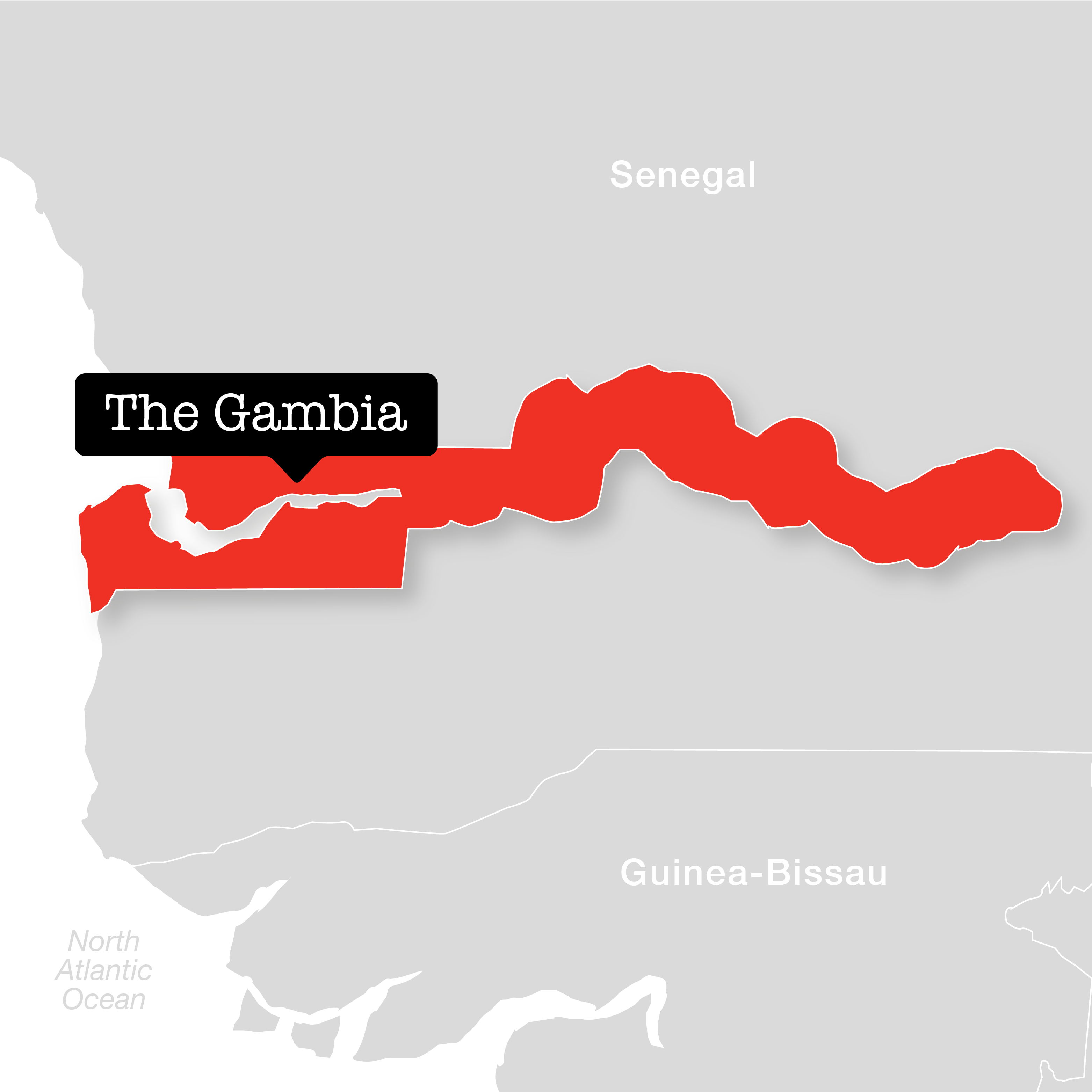

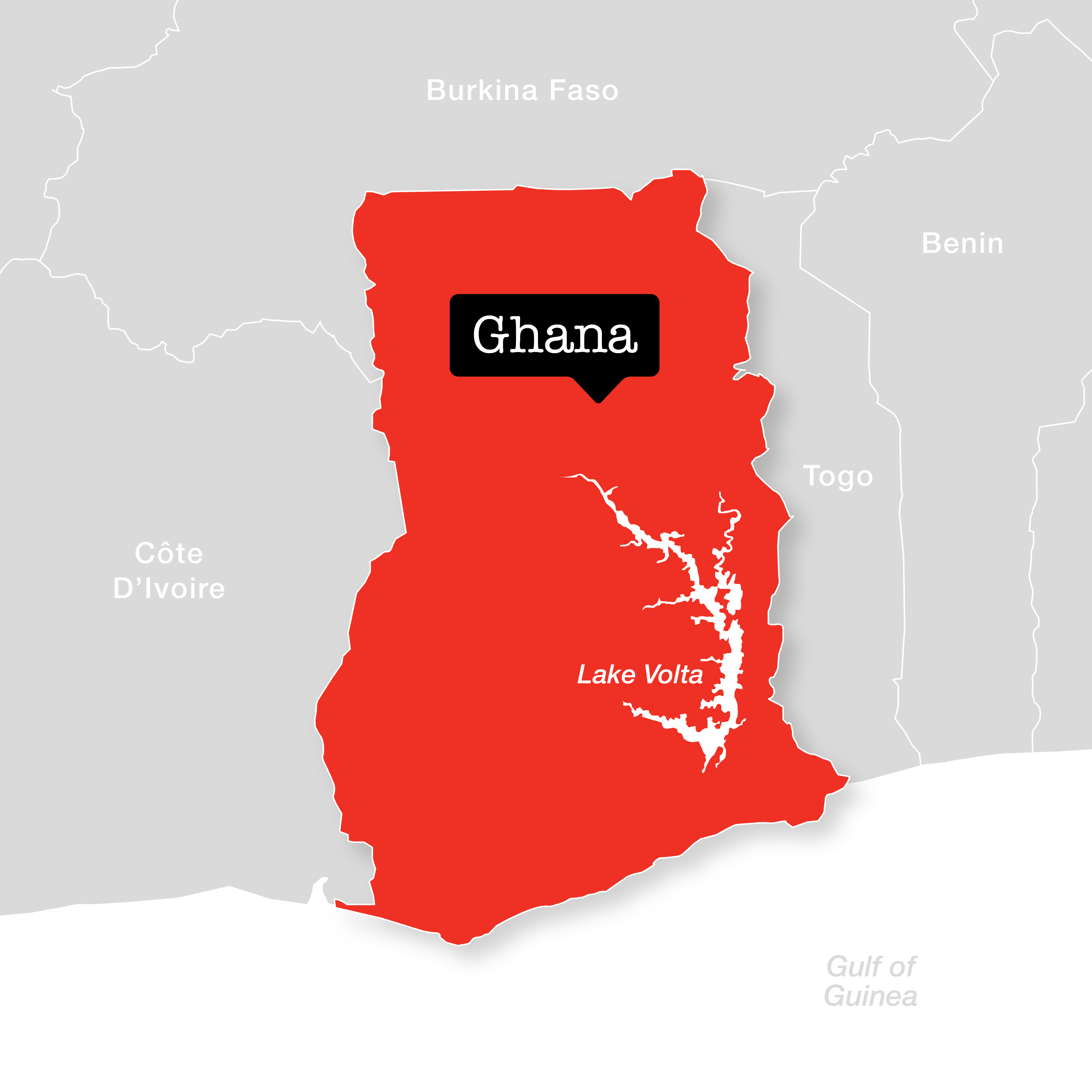
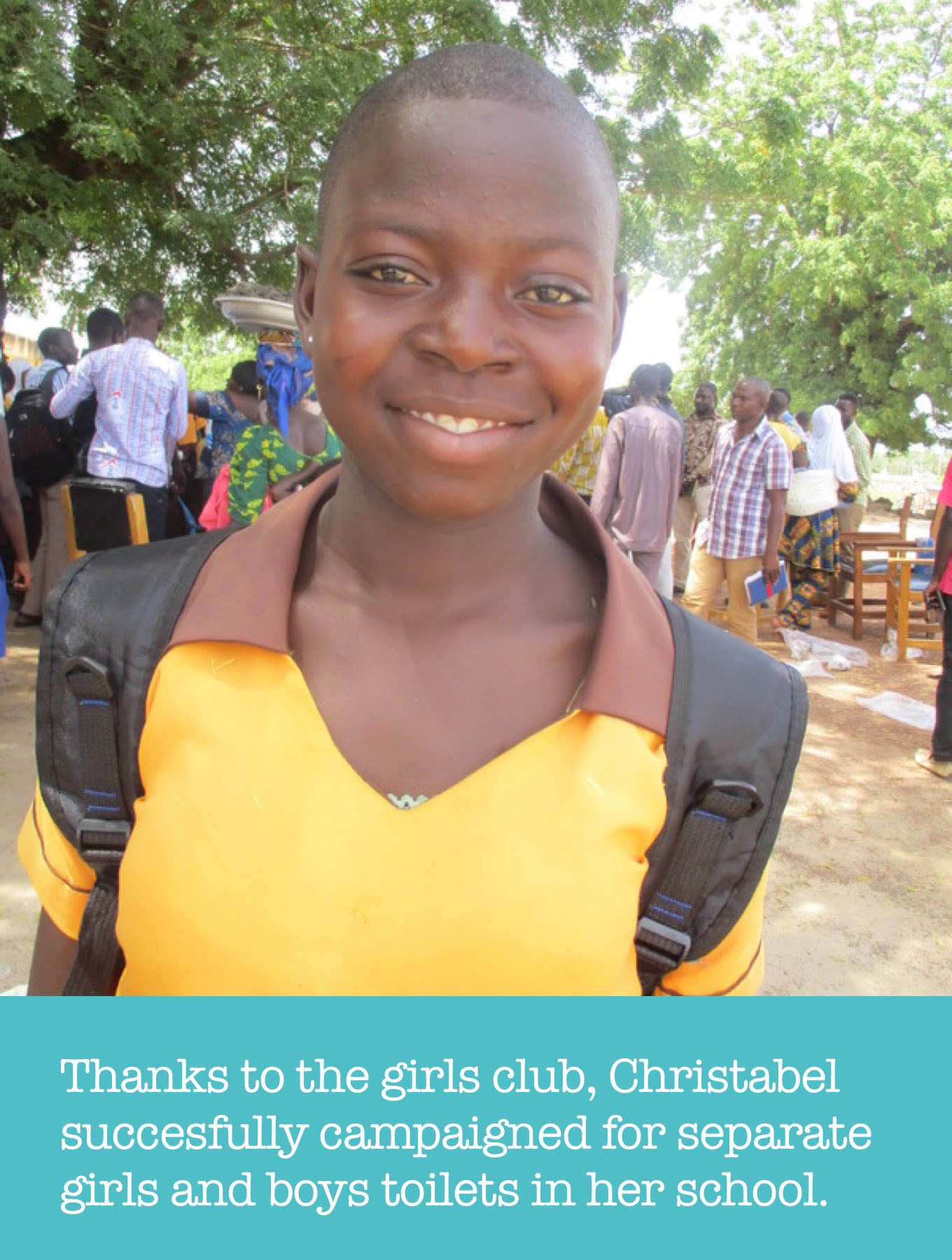
In Ghana
"Joining the girls club and learning that we have rights was a turning point for me"

"I knew it wasn’t right that I had to share the toilets with the boys. This made attending school during my period very difficult," said 15-year-old Christabel.
Lack of toilets in schools across Bawku East in Ghana meant many young women like Christabel dreaded going to school, especially during their periods.

If toilets did exist, they were shared with boys and in a dilapidated state, often lacking doors. Many girls would opt to stay at home instead of going to school to avoid the embarrassment of using shared toilets.
But this is changing, thanks to determined young women like Christabel.
Throughout Bawku East, we have established girls’ clubs in each of the schools we work. This provides girls with a space to discuss the problems they face and work together to seek the solutions.
Lack of toilets was high on the agenda in Christabel’s club. Christabel was nominated by her club to take this concern to the local government, asking for separate toilets for girls and boys. She was successful.
Not only was a new toilet block built in their school, a girls’ room was also provided to ensure they have the space and privacy they need.
The local government has also initiated this in other local schools to help girls to stay in school. Christabel is rightfully proud of the part she has played in this change, as she explains:
I am happy that I have made such an impact at my school. Little did I know that I could make a stand for equality for girls at school."
"It is said that girls with dreams become women with vision. I am therefore urging my friends that we should empower each other. It is not enough to simply talk but to act as well to get those visions to come true!"
In Nepal
"I believe that access to sanitary pads is a basic human right and a matter of dignity"
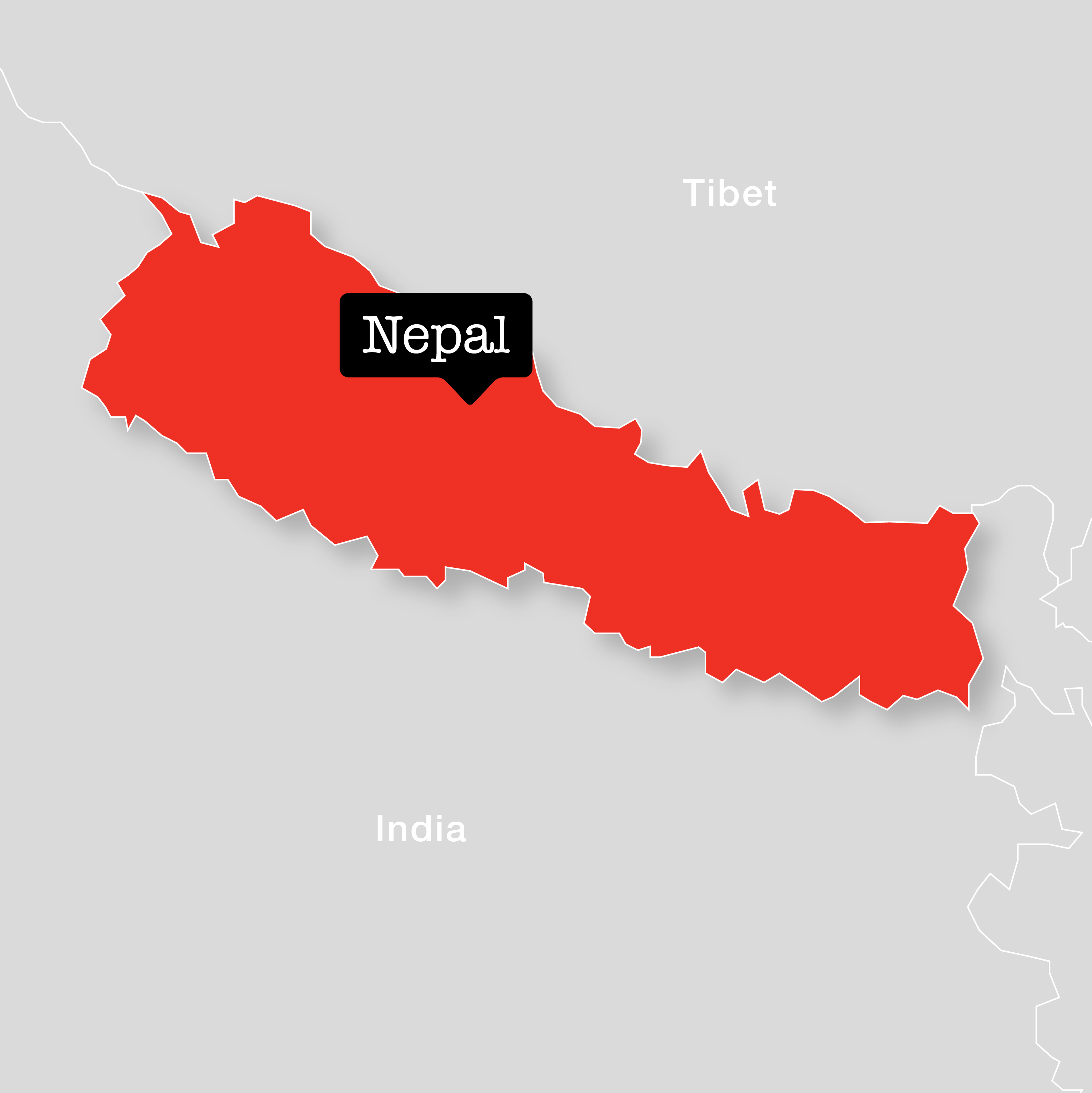
"When I told my mother about my first period, she gave me a piece of old cloth to use as a sanitary pad. I was always conscious about leakage and felt that I couldn’t go to school during my period," 17-year-old Srishti, from Nepal, says.
For many girls, getting their period means putting their lives on hold. Menstruation is associated with stigma and girls are often made to feel embarrassed, with many self-excluding from school and social activities during their periods.
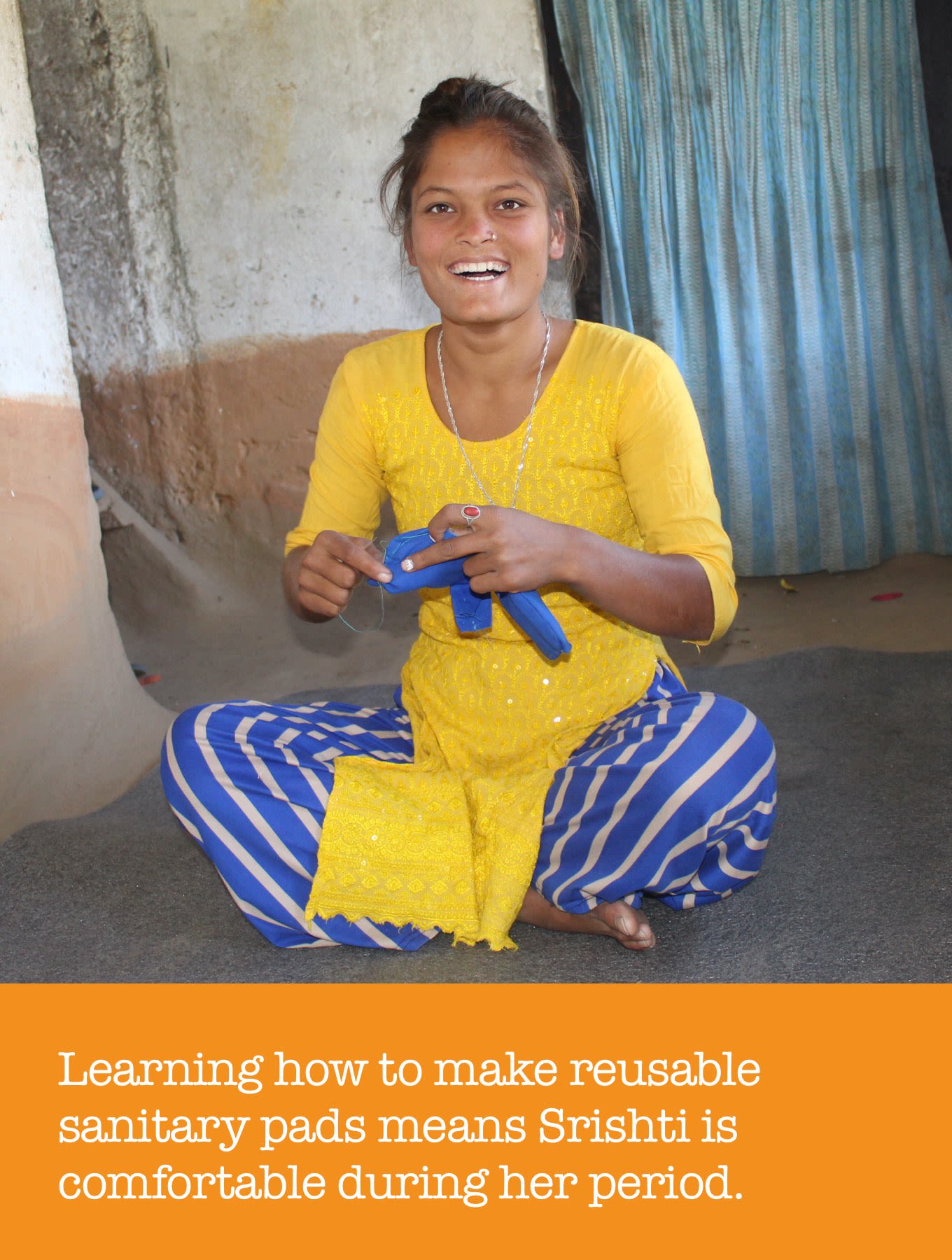
Lack of access to proper toilets at school, limited information on menstrual health, and poor availability of sanitary materials make it more difficult for girls to manage their periods. Srishti explained how this is now changing:
Everything began to change when ActionAid held workshops that broke down the taboos about periods and provided information about menstruation and positive hygiene habits."
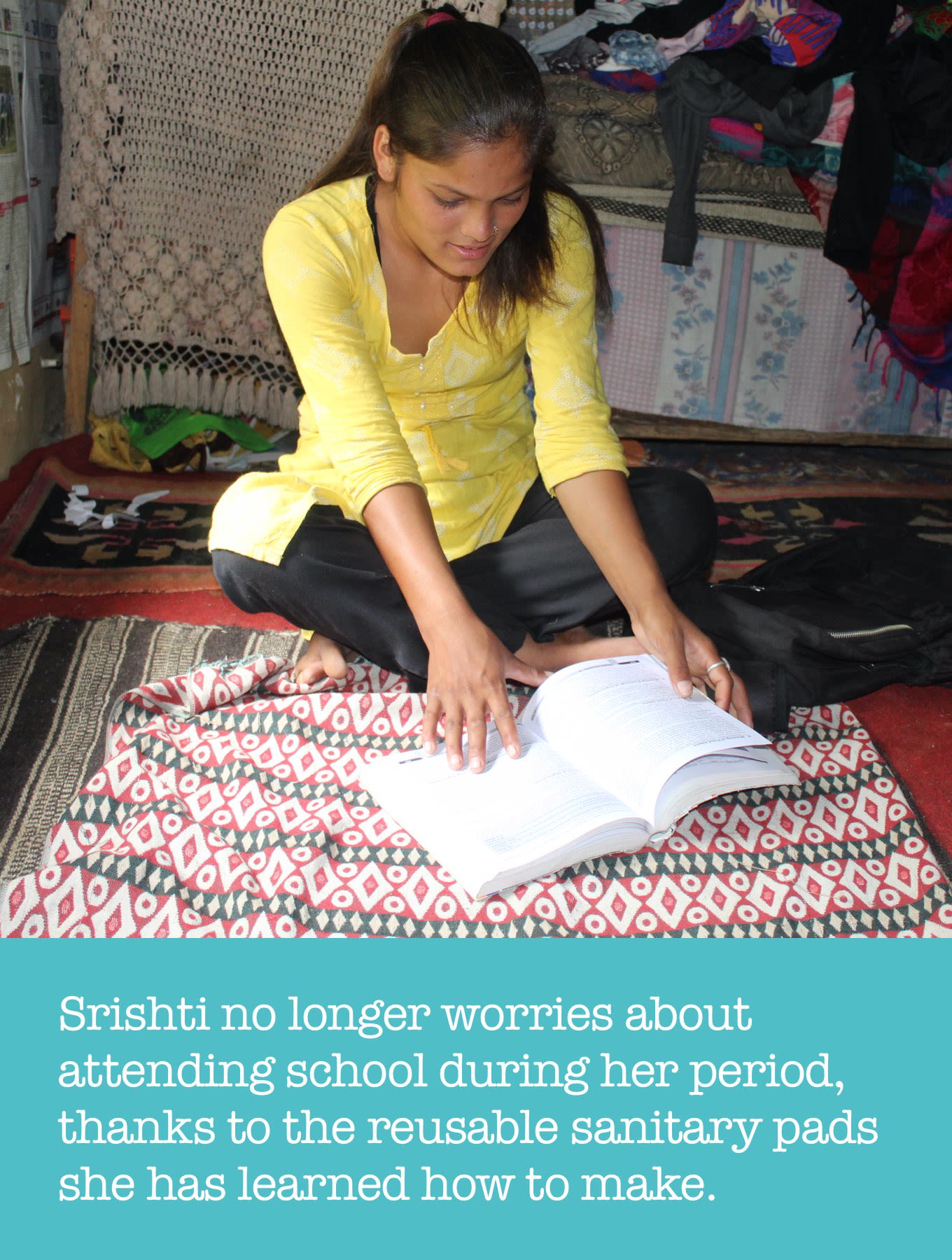
"They also set up a girls’ club where 125 girls received training on how to make reusable sanitary pads using locally sourced fabric and materials.
"The pads are made of cotton and are washable and reusable – I can use it for three months. They are so much more affordable, and they have made us feel comfortable and able to manage our periods better.
"I do not have to worry about leakages or miss school during my periods. I believe that access to sanitary pads is a basic human right and a matter of dignity.
"Thank you for supporting us to manage our menstruation with dignity and for helping to breakdown period taboos."



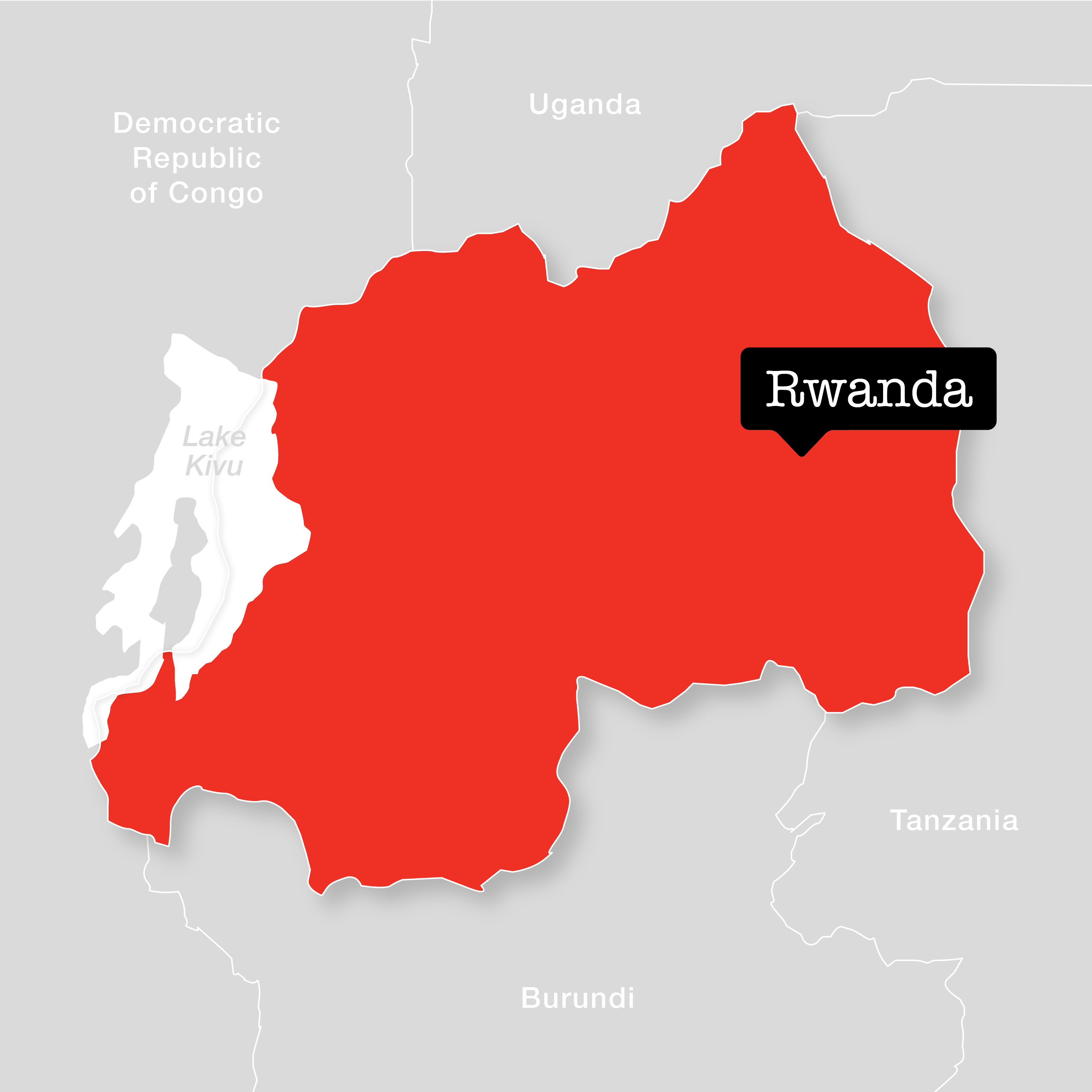
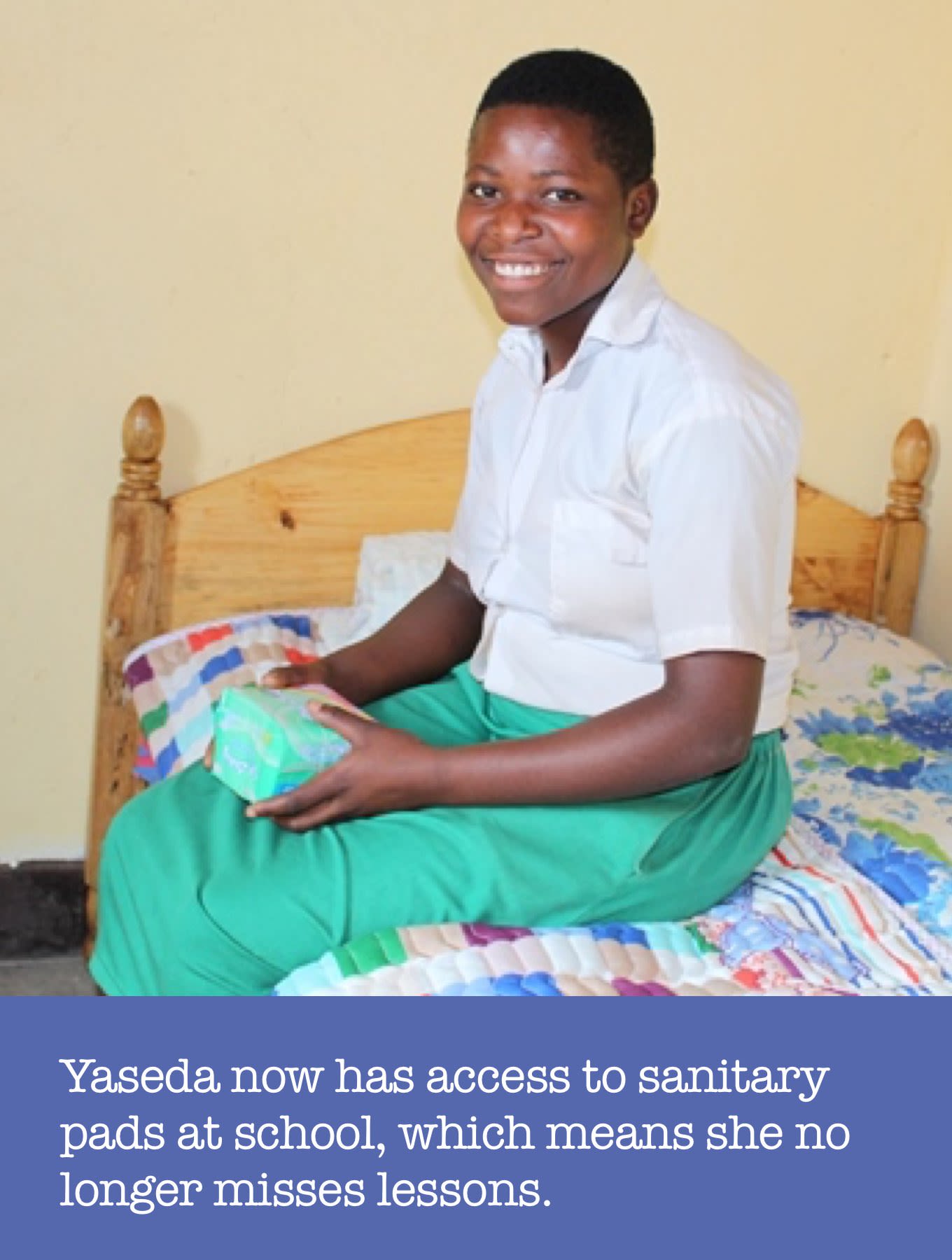
In Rwanda
"I no longer have to return home because of my period"

According to statistics from the World Bank, at least 20 percent of girls in Rwanda miss school for up to 50 days a year because they can’t afford to buy sanitary towels. In addition, many schools are poorly equipped to help girls remain in school during their period.
To help change this, we have supported 12 schools in Gisagara (a district in Rwanda's Southern province) to establish girls’ rooms that provide a safe space for over 1,000 girls. The rooms have staff on hand who provide support and advice. They are also equipped with a bed, shower, and a supply of sanitary products.

Yeseda is an 18-year-old pupil at one of the schools in Gisagara. She told us:
I used to have a hard time during my periods. I often had to go back home and miss classes because I was having my period. "
"I am so happy my school has a girls’ room. I no longer have to return home because of my period.
"Here, they provide us with sanitary towels and teach us about our bodies and the changes we are going through. This is a safe space that has made me realise I should enjoy my periods and not miss class."
In Uganda
"This whole process has empowered me; I am now contributing to the needs of my family"
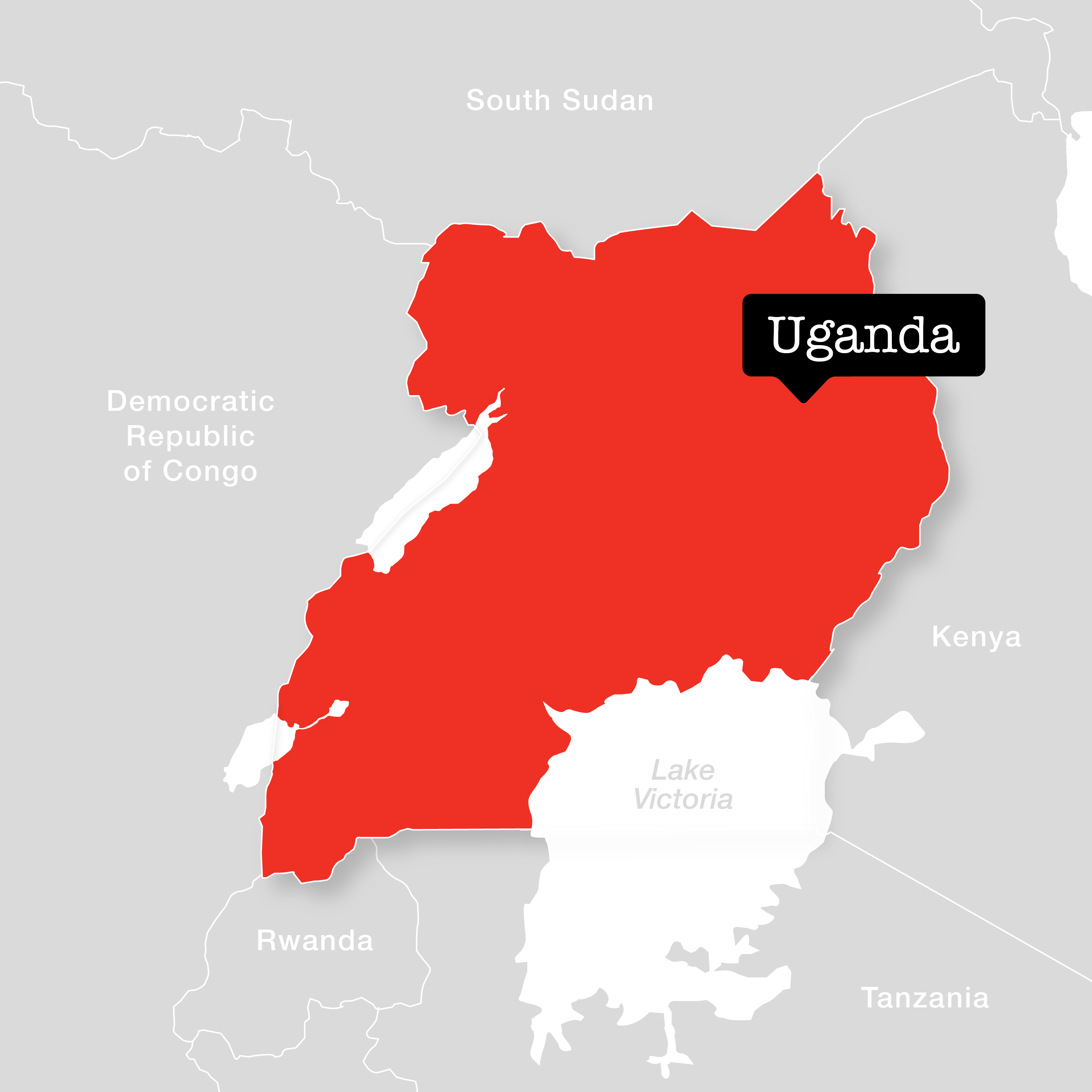
"We identified that making reusable sanitary towels would be a profitable and sustainable business venture for our group," Esther, a mother of four children from Uganda told us.
"Whilst disposable sanitary pads are not too expensive individually, the costs are prohibitive over the month - even more so if you have daughters."
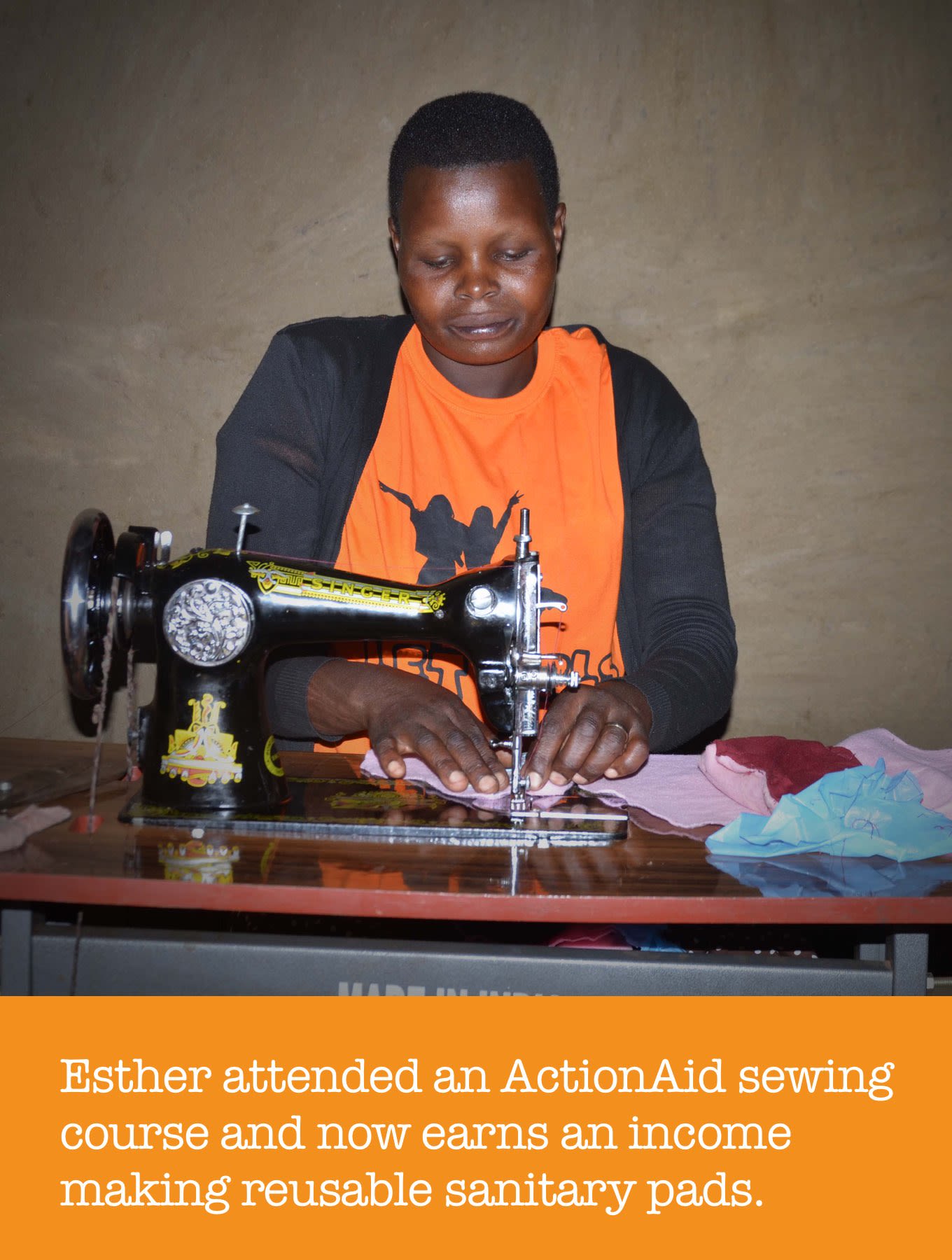
Esther is part of a women’s group in her community, which operates thanks to the commitment of supporters like you. Esther explains how this group is changing lives:
"ActionAid supported us by providing a sewing machine, fabric, and training on how to use the sewing machine. We sell packs of three reusable sanitary pads for UGX10,000 [£2], and with the pads’ durability of up to 12 months, this is a much cheaper option compared to disposable pads.
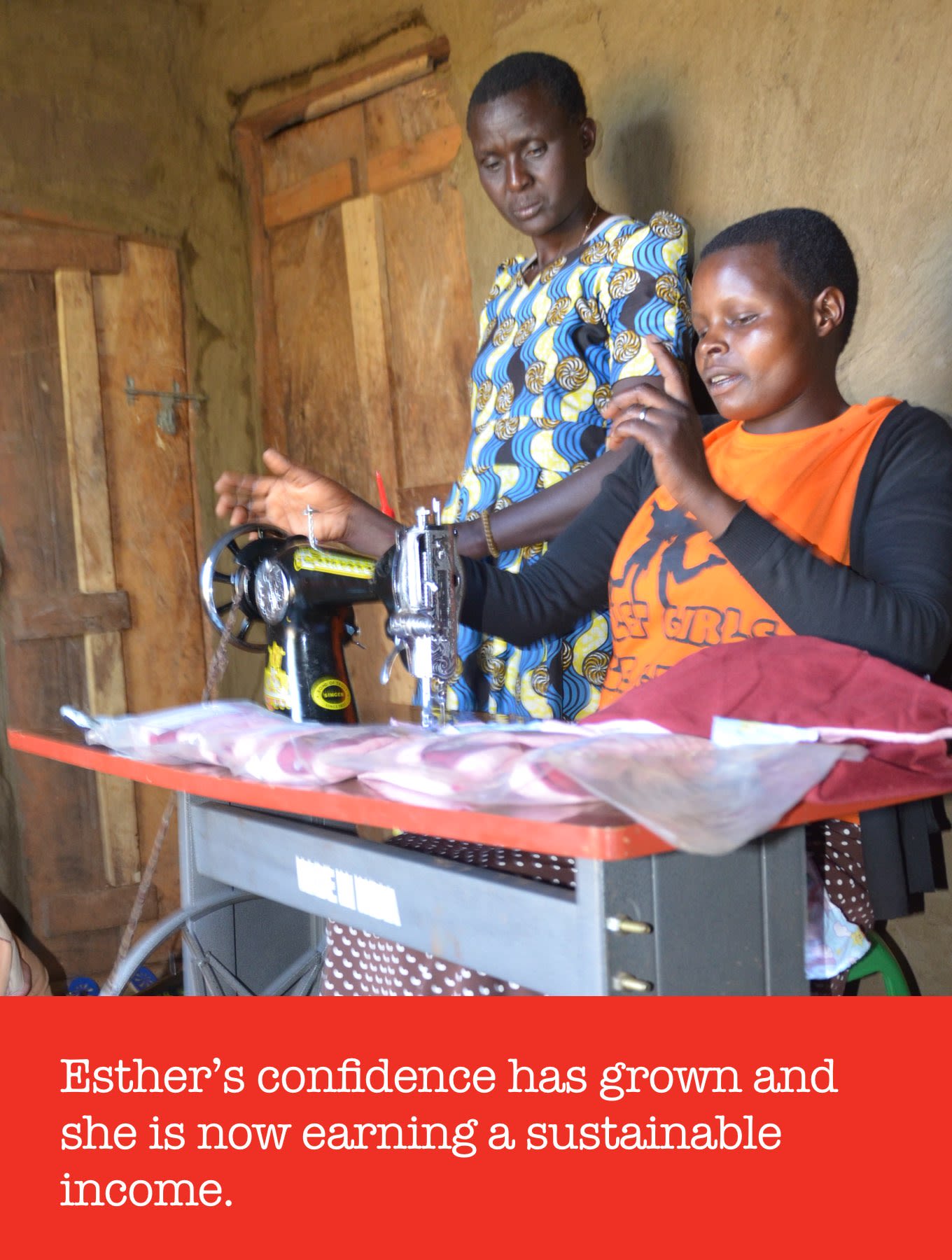
This whole process has empowered me; I am now contributing to the needs of my family."
"I can afford medical treatment and cover my children’s educational needs. I am so proud of myself."
Learn more about amazing women and girls working to end period poverty here.



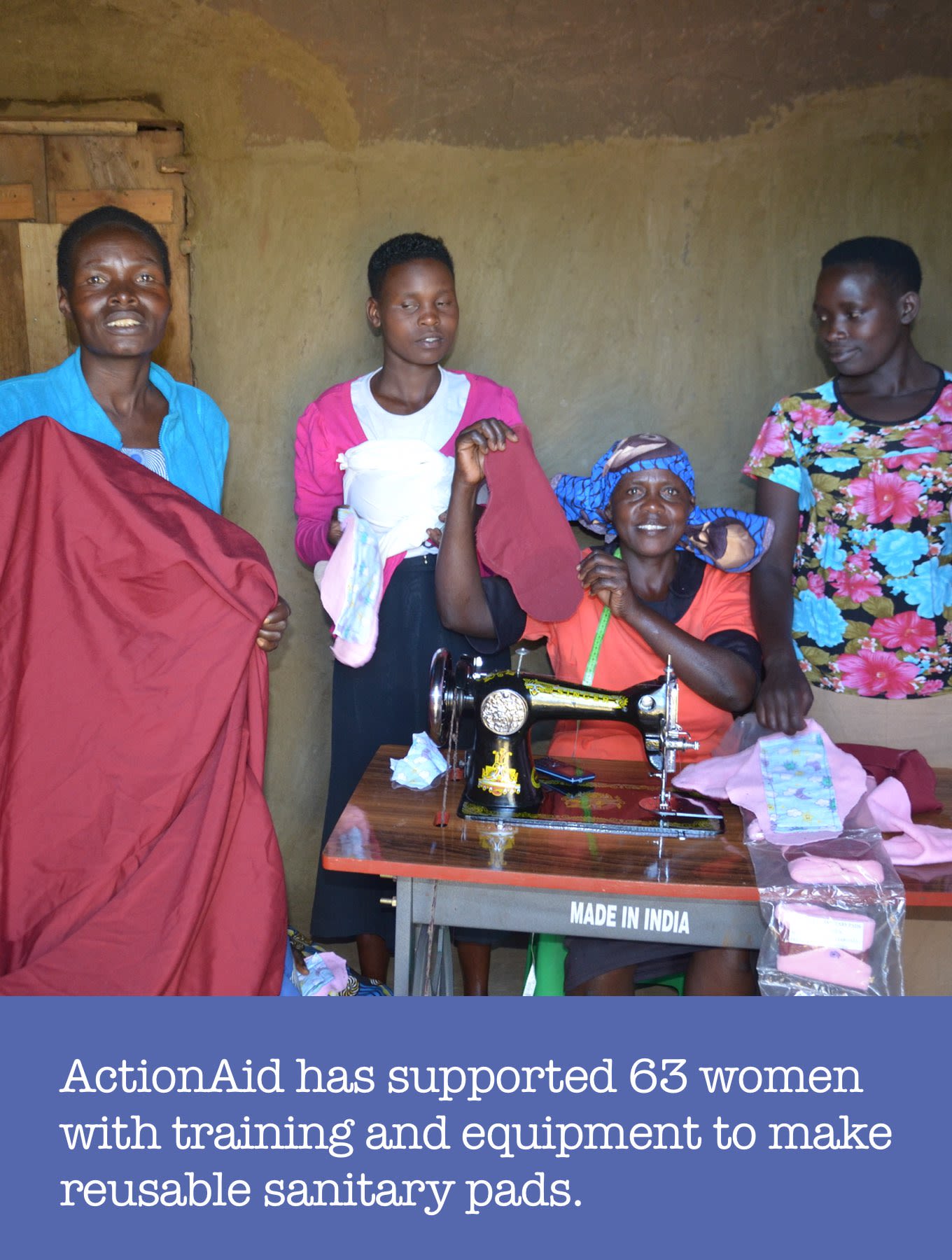
Images: All ActionAid

